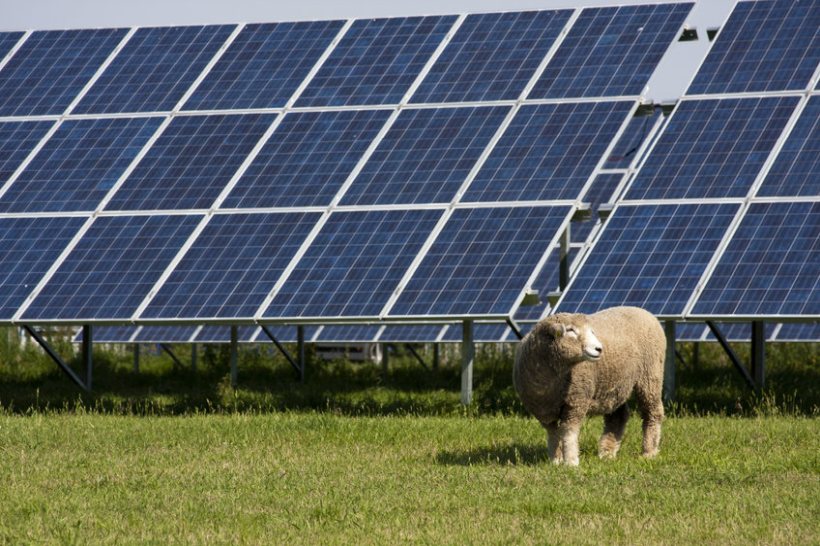
Farmers who own or operate electricity generation such as solar and wind have now just four weeks left to apply for funding to help them update their equipment.
The funding can help generator owners become compliant with new mandatory Distribution Code regulations, which they must abide by to connect to the electricity network.
Once the funding ends, farmers and landowners will still need to meet the compliance requirements but will have to pay for the updates themselves.
Generator owners have just four weeks left to apply to the funding, with the deadline set for 10 May 2022.
Part of the Accelerated Loss of Mains Change Programme (ALoMCP), the scheme is operated by National Grid Electricity System Operator (ESO) and the GB Distribution Network Operators.
The new regulations come into effect on 1 September 2022, by which point all electricity generation within the scope of the programme must be compliant, or face Ofgem approved enforcement action.
According to the NFU, in 2019 around 40% of farmers were generating low-carbon energy, encompassing around 70% of UK solar power and 10% of the UK’s electricity needs.
Many of these generators will be within the scope of the programme, which include generation that was installed before February 2018, between 11kW and 50MW in capacity and is connected via the G59 engineering requirement of the Distribution Code.
The equipment updates concern the inverters, converters or G59 relays that are responsible for the Loss of Mains protection settings on the generator.
They are an instrumental part of all generation equipment and help protect both the generator and the network from potential faults.
In updating the protection settings, the generation becomes more reliable and therefore embeds the electricity network with more strength and resilience.
Cheng Chen, senior manager for the ALoMCP at National Grid ESO, said: “Compliance with Loss of Mains requirements is not optional and so electricity generator owners should take advantage of the funding that is available now to help them make the upgrades.”
Non-compliant generation poses a risk to the electricity network and those not compliant from 1 September 2022 could be subject to an enforcement process that could result in the de-energisation of the whole site.
As a result of widespread Loss of Mains compliance, Britain’s electricity network will be better able to bring more renewable electricity generators online, as a more resilient network can support additional low carbon generation.
Mr Chen added: “This is a relatively small change for most generator owners to make, but if we can achieve widespread compliance the combined impact will have a huge benefit to our electricity network.
"By becoming compliant, generator owners will be futureproofing their power and helping to deliver a strong, resilient, and low carbon electricity network to protect our power for future generations.”
